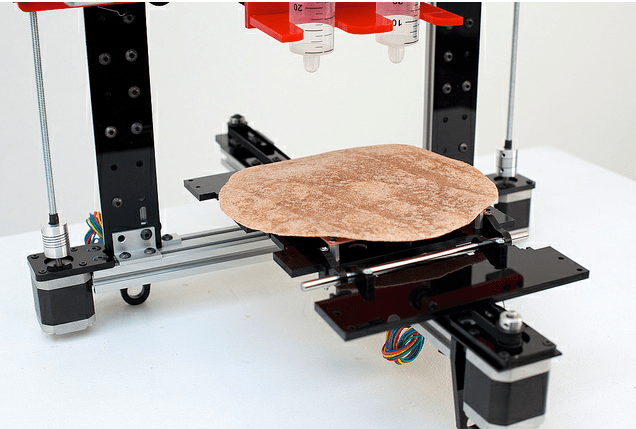Chris Skinner discusses the Jack Dorsey's strategy
But the most outrageous part was how easy it suddenly became for anyone
to accept credit cards, using a device they already owned. The process
through which businesses are authorized to accept credit card payments
is notoriously arduous and slow, particularly for small merchants. The
issuing banks demand multiple proofs of creditworthiness and pile on
extra fees. Square itself had difficulty negotiating that red tape—it
took longer to get approval from Visa and Mastercard to accept a swipe
than it did to create a prototype for the entire payment system. “Our
sign-up process takes literally two minutes,” Dorsey says. “You download
an app, put in your name and address, answer three security questions,
link your bank account, and you’re done.” Andersen saw the potential.
Just as Twitter democratized broadcasting, Dorsey’s new company would
democratize the credit card industry.
Henderson, the engineering lead on Pay With Square, points out that
the company collects all kinds of information about its users, data that
might be invaluable to merchants and customers alike. “First of all, we
know your location,” he says. “Second, we have a decent sense of your
history. We know the kinds of places you’ve been and what you like. But
we also know lots of other things—like if there’s a whole bunch of food
trucks that pull up nearby, we’ll see the spike in activity and can
point you to those trucks. I think you’ll see us get really good at
this.”
Analytics and data-mining might provide Square’s real business model.
So far, the company has charged a very small fee for each transaction,
and merchants aren’t likely to pay much more. And while Square has been
giving participating merchants access to analytics about their
businesses for free, it is also aggregating that data, real-time
information about what people are buying in every region of the country,
complete with detailed demographics. It’s reasonable to think that
might be very valuable in the near future.

